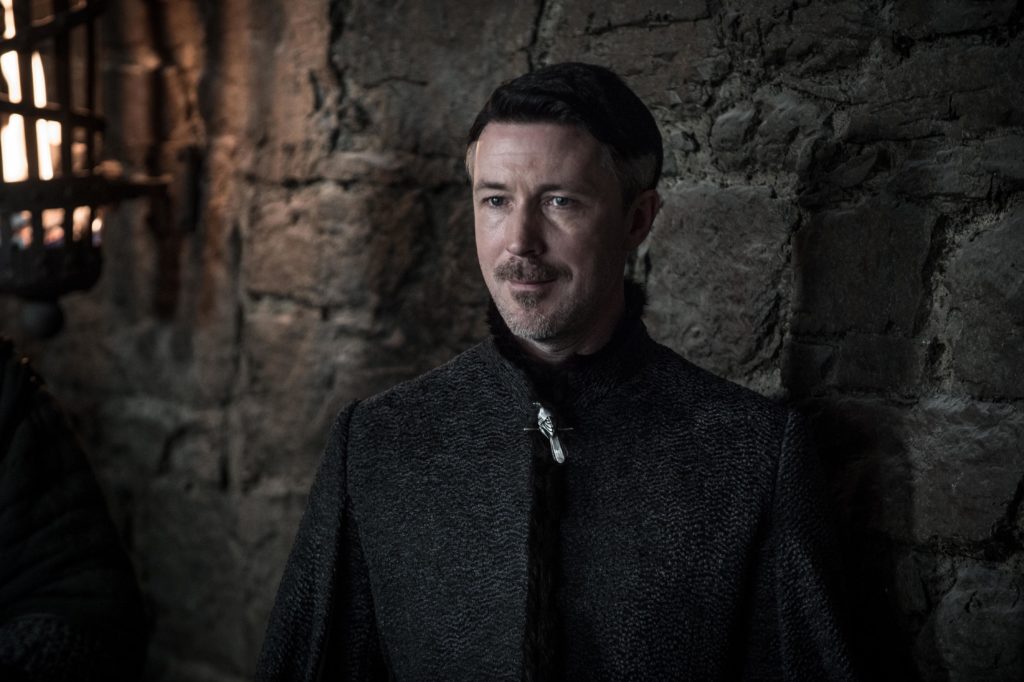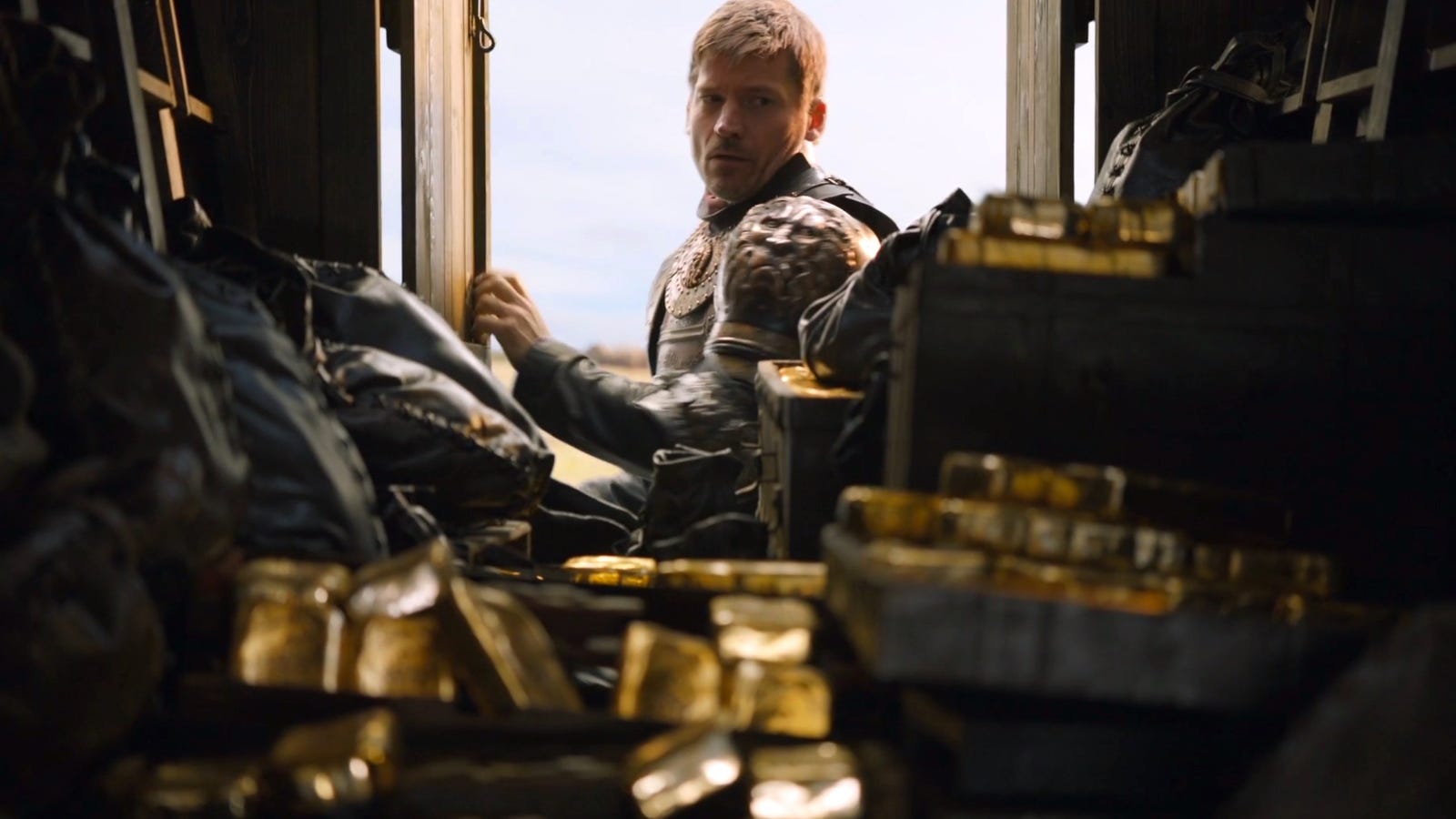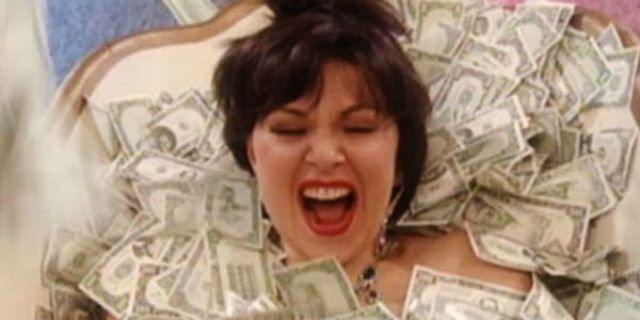So
Game Of Thrones ends its seventh season with
"The Dragon And The Wolf," its longest episode ever and one of its weakest. It wasn't bad--
GOT at its worst is still fun--but it did little that was unexpected, and didn't get us very far.
It's very exciting at the start. We get both sides meeting for truce talks in King's Landing. I don't think, even in the first season when everything was tight, that we've ever had so many main characters all in one place--some of them seeing each other for the first time in years, some for the first time ever. We've got Grey Worm (actually, he's outside with the troops--who knew he was back already?), Bronn, Jaime, Cersei, Qyburn, the Mountain, Euron, Tyrion, Jon Snow, Varys, Davos, Missandei, the Hound, Ser Jorah, Theon, Pod and Brienne. Now that's a call sheet.
They all meet in the dragon pit. To the surprise of absolutely no one, Dany flies in. Was this a good idea? She's already lost one of her dragons, and she knows Cersei has some sort of dragon harpoon. In fact, I'm surprised Cersei didn't send her a message saying "don't you dare come with a dragon, or we'll shoot it down."
There are lots of reunions, such as the Hound and Brienne, the Hound and the Mountain, and some without the Hound. These are enjoyable, but overall the feeling is serious (as opposed to last week where they were doing regular comedy routines as they walked beyond the Wall).
The plan, remember, was to capture a wight to show Cersei how real the war is. It's a crazy plan, but they've committed, and here it is. Sure enough, the zombie is impressive. (Or is it? They show how easy it is to kill them--fire will do, which isn't that hard. And Dragonglass works as well.) Euron is a scaredy-cat and says he's leaving to hide in the Iron Islands. That's not like him at all.
In maneuvering that made no sense to me, Cersei says she'll go along if Snow promises to maintain a truce in the North. Snow, who's too honest for his own good, explains he just bent a knee (is that what they're calling it now) to Dany? This blows things up for some reason, and Cersei walks off. Everyone stays behind to lick their wounds (and wait for Cersei's troops to kill them if they hang around long enough?). Tyrion decides he'll walk into the lioness's den and talk some sense into her.
The two have always had good scenes, and they have a long, emotional talk about what they wanted and what they now want. She's promised to kill him, and he's willing to die, but she won't give the nod to the Mountain. (Does she really need the Mountain? Can't she take the Imp herself?)
Snow and Dany moon around, wondering what happened, when Tyrion returns, soon followed by Cersei who announces she'll work with them and send her troops up north to fight the real war (and after that they can continue the squabble over Westeros). This was a surprise move--who knew Cersei had it in her?
At Winterfell, it seems Littlefinger is still playing Sansa, driving the wedge deeper between her and her sister. This whole plot has never worked. It's hard enough to but the two Stark lasses would do anything but love each other, but to be ready to kill each other? Come on. Even if Bran couldn't tell them what really happened, this is hard to buy. I usually don't give away anything, but many viewers expected Arya and Sansa were playing Littlefinger (even in scenes only between them that Littlefinger couldn't know about, so they're also playing the audience) and it will soon turn out to be true.
Back at Dragonstone, the gang is planning their trek up north. Dany makes sure she'll sail with Snow. We can guess what that means. Before they go, Snow and Theon have a talk. Goofus and Gallant. The two were both raised by Ned, but were both outsiders at Winterfell. Theon is inspired to do the right thing.
I like the character of Theon. Tremendously flawed, he presumably has big things ahead. Alas, he goes outside and decides to tell the other Iron Islanders they need to save Yara, not hide from the zombies. This is followed by a big fight where he proves how serious he is. I want Theon to do something for the bigger cause that's better than saving Yara. I hope the next season doesn't spend too much time on this.
At Winterfell, Sansa has Arya brought to the Great Hall. Bran is also there, to sit in judgment or whatever, man. And the one who was behind it all, Littlefinger, looks on, suppressing his grin. And then--exactly as we expected--it turns into Littlefinger's trial. Sansa has seen up close what he does. And Bran can fill in the rest. (When he speaks out at the trial, I'm sure Littlefinger is thinking "great, this kid never says anything and he finally pipes up just so he can screw me over--thanks, Bran.")
I was hoping the character would at least last until the final season. A lot of fans were thrilled to see him go, but if she show ended in chaos with only Littlefinger left alive, it would have been fine with me. Though, to be honest, they've misused the character in the last few seasons, where he seemed a lot less surefooted than the early Littlefinger. Maybe it was when they went past the books, but the clever manipulator made one bad step after another (and the viewers hated him too much, seemed to me).
Anyway, when Sansa is the Lady of Winterfell, we discover the one who passes the sentence doesn't swing the sword. No, Arya does the deed, and it's with Littlefinger's dagger, of course.
In the map room at King's Landing, Jaime is planning his troops' movement up north. Cersei enters and stops him. We're not doing that. We're going to let everyone else go and tear each other to bits. Jaime explains that he's already made promises, and then no matter what happens, they're doomed if they don't help. Cersei says she's already rented the services of the Golden Company (remember all that stuff earlier this season with the banker?) and that Euron isn't hiding, he's going to fetch them and ferry them over. While it's nice to have the old Cersei back, this also shows that both her character and Euron are doing exactly what we expect of them--the only two surprises in the show so far didn't happen.
Jaime, who has both a sense of honor and strategy, won't give in, and Cersei threatens to kill him. Would they do it? Jaime, as we know, is one of the
five leads who gets $500,000 an episode. So, for the second time in the episode, Cersei won't kill her brother. (Not unlike Cersei and Littlefinger in the first season. Cersei may be the nastiest, most murderous person in the show, but it took the Stark sisters to finish that guy off.) Jaime, as has been expected all season, finally leaves Cersei. Will he go off to fight the White Walkers? Will he finally shack up with Brienne? What would Tormund and the Hound say about that?
Back at Winterfell, Samwell Tarly arrives. So he wasn't going back to stately Tarly manor (where he'd be in charge--though he doesn't know that). He went all the way up to north. He meets with Bran (who's not the greatest conversationalist--wouldn't Sansa make more sense)?
Bran is more talkative than usual, and finally tells someone about Jon's parentage. (I didn't think there was any doubt about it, but they really drive it home as if there is.) So Bran, who could have told Sansa or Arya, or even sent a raven to Jon, when he does tell someone picks a person who doesn't really need to know.
Dramatically this makes no sense, unless Bran is about to die, or....Samwell by pure coincidence has some information he can add, such as what Gilly told him (and what Sam did end up knowing, though he blew her off)--that Rhaegar and Lyanna got married, and Jon isn't a bastard--he's the Dragon and the Wolf, get it? In fact, he's bloody Aegon Targaryen, rightful heir to the throne (maybe) and nephew to Daenerys (definitely). And right at that moment, of course, Snow and Dany are on the ship, doing it. This is Westeros, and as long as their not brother and sister, does anyone care? Guess we'll find out next season.
Next we see Arya and Sansa talking about their relationship. I like the two characters, but there's not much going on here. I wonder if they'll join in on the fighting at the Wall, or will they stay in Winterfell? (Or will the war come to them? They're the first major rest stop on the way.)
Finally we're at the Wall at Eastwatch. (Is anyone minding the Fort at Castle Black?) As absolutely everyone predicted, the Night King comes flying over on his newly-acquired zombie dragon, which breathes blue flame and burns down the Wall, allowing (finally) the Army of the Dead to cross over. (We're not entirely sure of what happens to Tormund or Beric, but I'm guessing they're okay or they would have let us know). The Dead have been literally ten feet away from the Wall since the first ten minutes of
Game Of Thrones, so there's been very little progress over seven seasons, but we're finally ready.
So some fun in the show, but no surprises, and little forward progress. The chess pieces have been moved into place for the final war (to be followed by the final, final war). I enjoyed the season, but--even though some complained of its headlong rush forward--not much really happened. It started with Dany in Westeros ready for a war, Cersei at King's Landing ready for a war, and Snow up north ready for a war. We're still pretty much there.
A year to wait. Six more episodes left. RIP, Littlefinger.

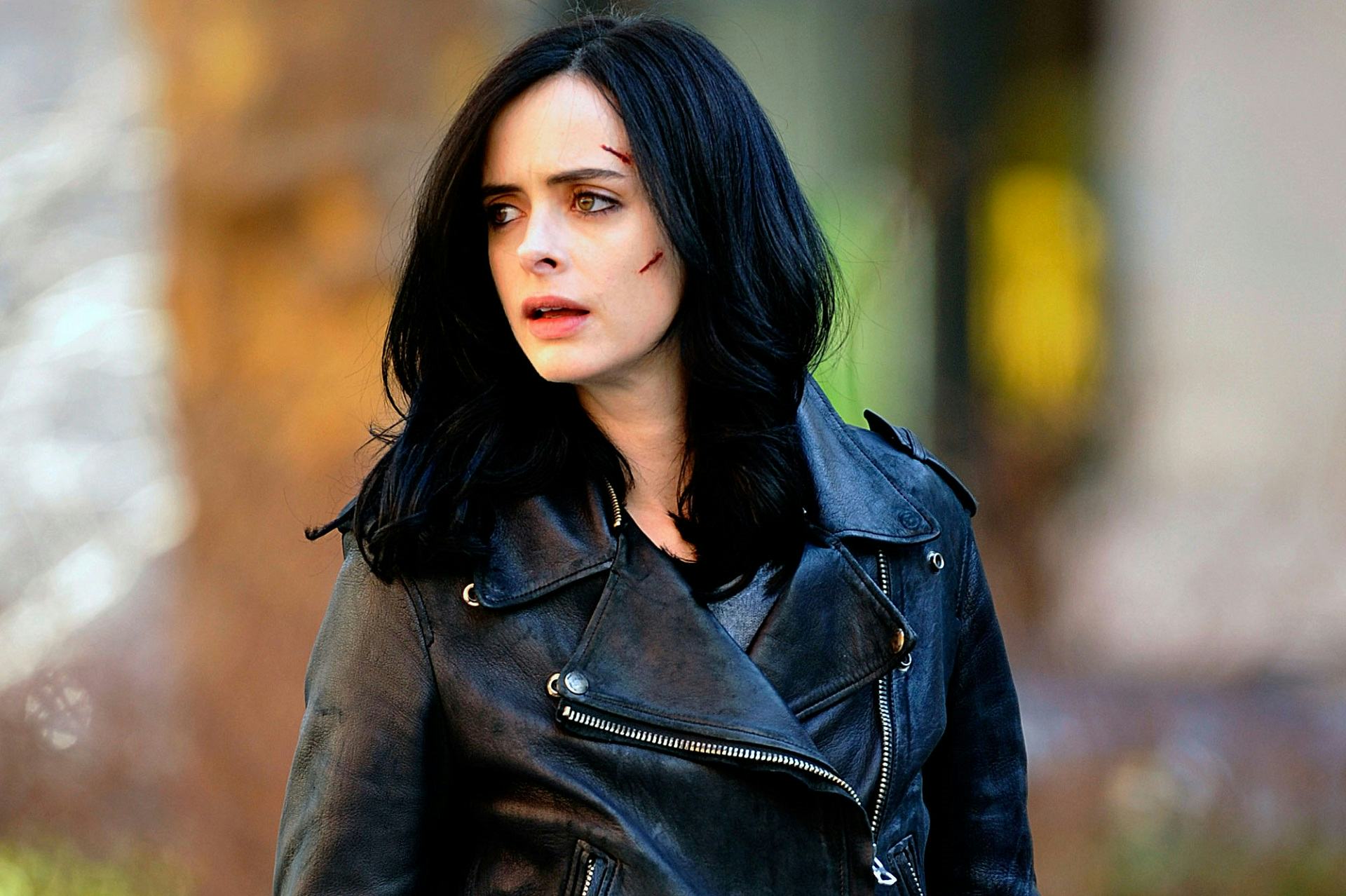
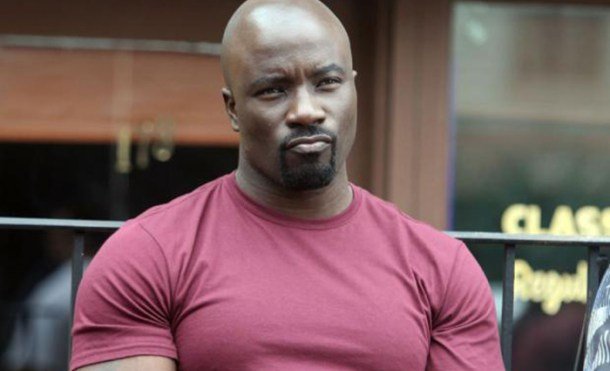






/cdn.vox-cdn.com/uploads/chorus_image/image/56390479/got7.7jondany.0.jpg)




